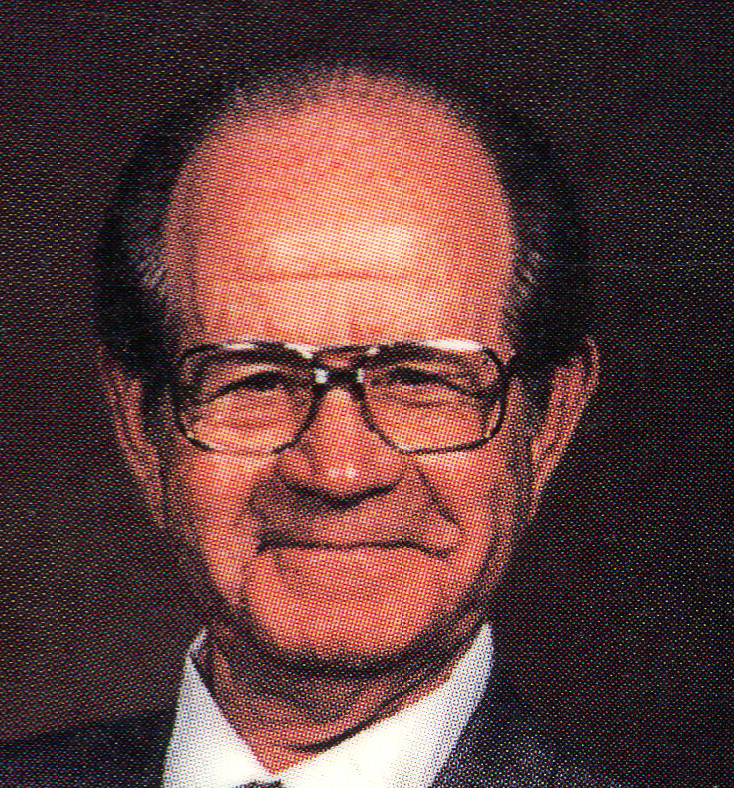This characteristic of the work of the church is evident in every phase of its operation. The whole congregation preaches the gospel through the work of one man in each local assembly: the minister. Various other phases of the church’s task are carried out by individuals. Each member has his own unique role to fill in the work of the entire body. Each works in harmony with the rest of the body under the direction of a central guide.
By E.L. Holley
To View the Entire Article, Click Here
To Download the Article Directly to Your Computer, Click Here
To View the Outline, Click Here
To View the PowerPoint, Click Here
Tucked away in the ninth verse of III John is a reference to a spirit which neither originated nor died with Diotrephes (a man who was possessed by it). Its origin was in Lucifer and his aspirations, and until this hour it is unchecked and rampant. More than detrimental, this spirit is deadly and needs to be recognized for what it is and what it is capable of becoming.
As we unwrap this condition of heart let us ignore the man and his deeds. For if we observe him and his ungodly activities too closely we could miss the motive and thereby fail to recognize the spirit which is responsible. And that spirit undetected can project itself in many destructive ways.
Of Diotrephes it is written, “Who loveth to have the preeminence among them.” Notice the inspired apostle spoke not against him having the preeminence among them but rather against loving to have it. This is comparable to having a love of money. Money itself is not sinful but the love of money is the root of all evil. Moreover one does not have to have money to love it. It fact there seems to be a greater danger of loving both money and posts of prominence on the part of those who are not in the possession of them.
The very nature of the work of the church creates posts of prominence and demands the care and concern of responsible men to fill them. This was learned early in the history of the church. In the sixth chapter of Acts, a pressing need arose and dedicated men were assigned to the problem.
A thousand men cannot pick up a match stick. Neither could the multitude take care of this situation. Therefore out of the thousands seven were selected for the task. The very fact that so few were chosen from so many lent an air of prominence to their labor some chore.
This characteristic of the work of the church is evident in every phase of its operation. The whole congregation preaches the gospel through the work of one man in each local assembly: the minister. Various other phases of the church’s task are carried out by individuals. Each member has his own unique role to fill in the work of the entire body. Each works in harmony with the rest of the body under the direction of a central guide. Thus it is easy to see that posts of prominence are essential to the propagation of the gospel and the proper functioning of the church. The men who fill these posts are the instruments through which Christ works and they must be respected and honored as such.
But in our text, John exposes a very serious danger: the danger of loving, craving, or desiring to occupy the position of prominence. This longing to be foremost of an exalted rank caused this man to fail short of the standard of Christian conduct. In exposing this trait of Diotrephes’ John holds a mirror to our souls. Could we be overtaken by the same spirit?
At this point there must be a distinction made between desiring a good work and longing for what appears to be the glitter and glory of a post of prominence. Scripture teaches us to desire to do a good work. One must take great care, however, to distinguish between the urge to be important in the eyes of others and the desire to work in the kingdom of God. A close consideration of our attitude toward the work which does not put us in the limelight of public notice could be helpful in determining whether we are interested in the work or the glory. A close scrutiny of our own human nature will shed a lot of light on our desires.
To View the Entire Article, Click Here
To Download the Article Directly to Your Computer, Click Here
To View the Outline, Click Here




